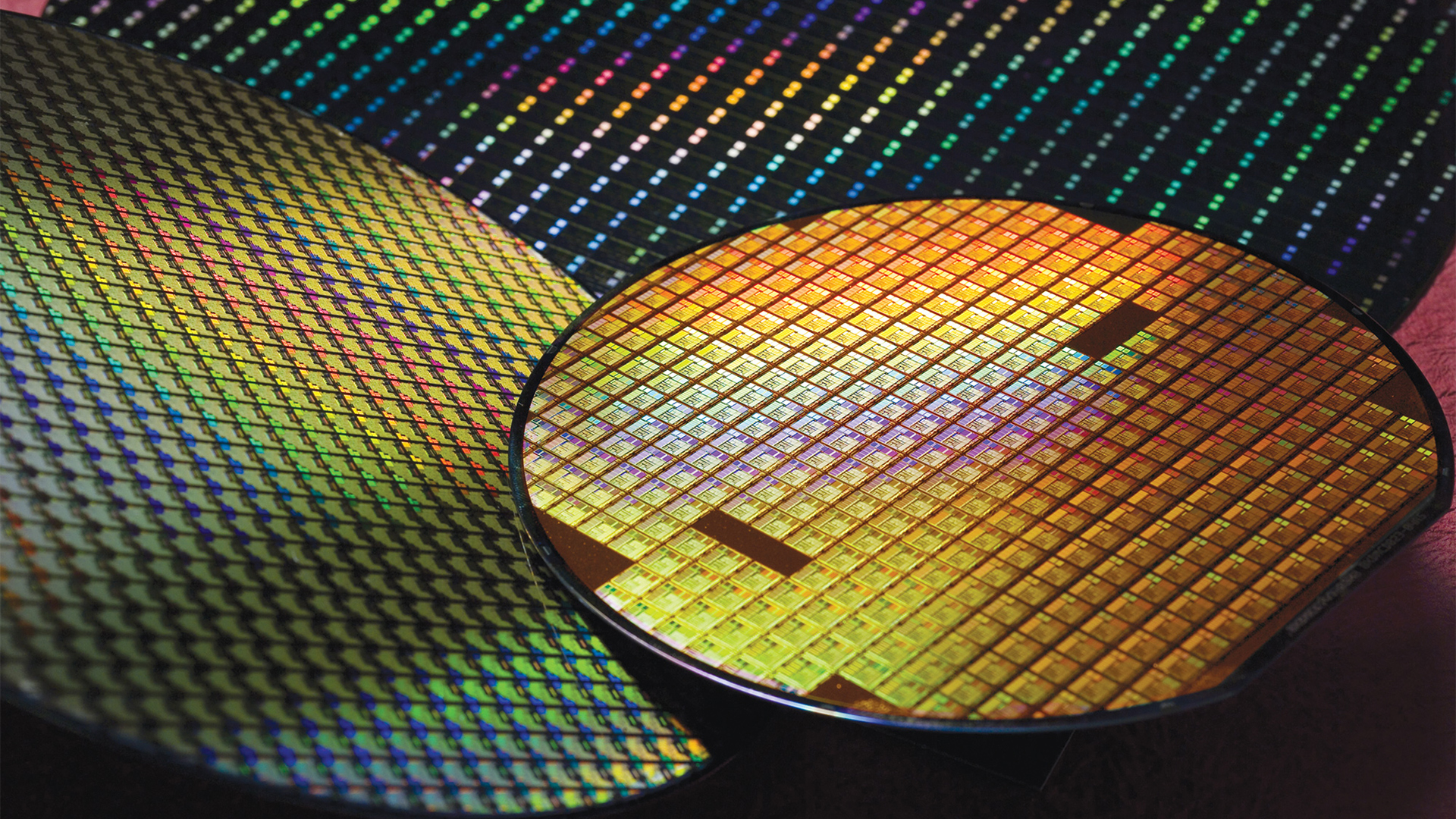The plans for TSMC’s 3nm expansion are discussed in a Morgan Stanley study by Charlie Chan’s team and discovered by Economic Daily News. Unfortunately, it appears that the silicon wafer producer will drop the monthly manufacturing capacity of its leading node from 80,000 wafers to just 60,000 wafers. Even yet, that is a significant production, the majority of which Apple will use for its iPhone chips in 2024. The Cupertino giant is rumored to switch to 3nm CPUs from TSMC for all iPhones in 2024. For customers like Apple, TSMC has numerous 3nm tiers ready, each of which is an improvement over the previous one. The less costly iPhone 16 and iPhone 16 Plus will probably use an SoC mass built using the first-generation 3nm technology. At the same time, the ‘Pro‘ series could switch to the more power-efficient second-generation type, assuming the company’s plans to release four new iPhone models proceed as planned. According to rumors, Apple will mass produce the M3 and A17 Bionic using TSMC’s second-generation 3nm process, and both chipsets are scheduled to go on sale next year. However, the Cupertino behemoth may save the new manufacturing method for the A18 Bionic, which is expected to debut in 2024. Everything hinges on whether or not TSMC can keep producing the same number of wafers each month without hitting any production hurdles. Customers like Qualcomm and MediaTek will also want to employ that technology for their mobile silicon. Therefore TSMC must be able to continue producing the same number of wafers each month. Keep an eye out for the subsequent advances as we excitedly anticipate the benefits that will result from the mass manufacturing of the M3 and A17 Bionic employing next-generation semiconductor fabrication processes.
